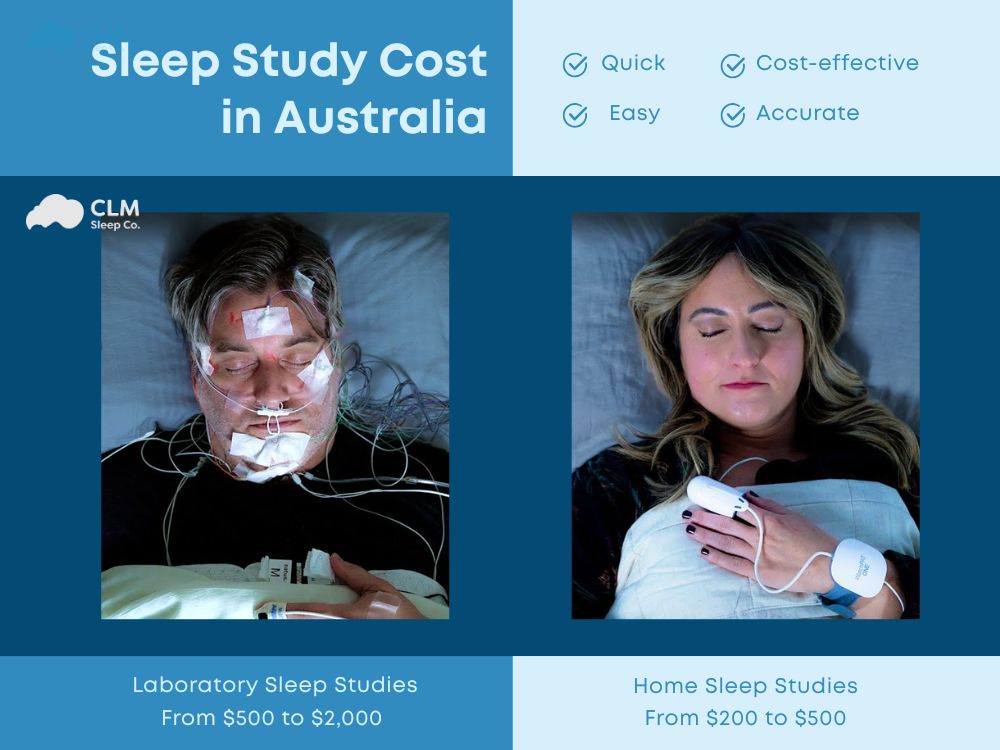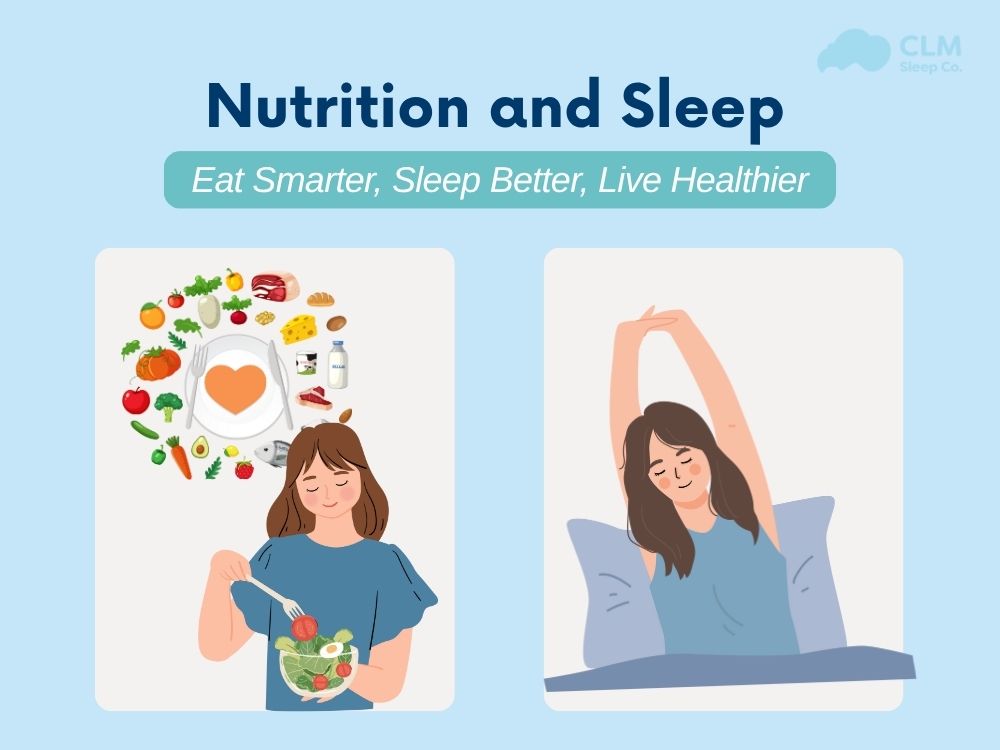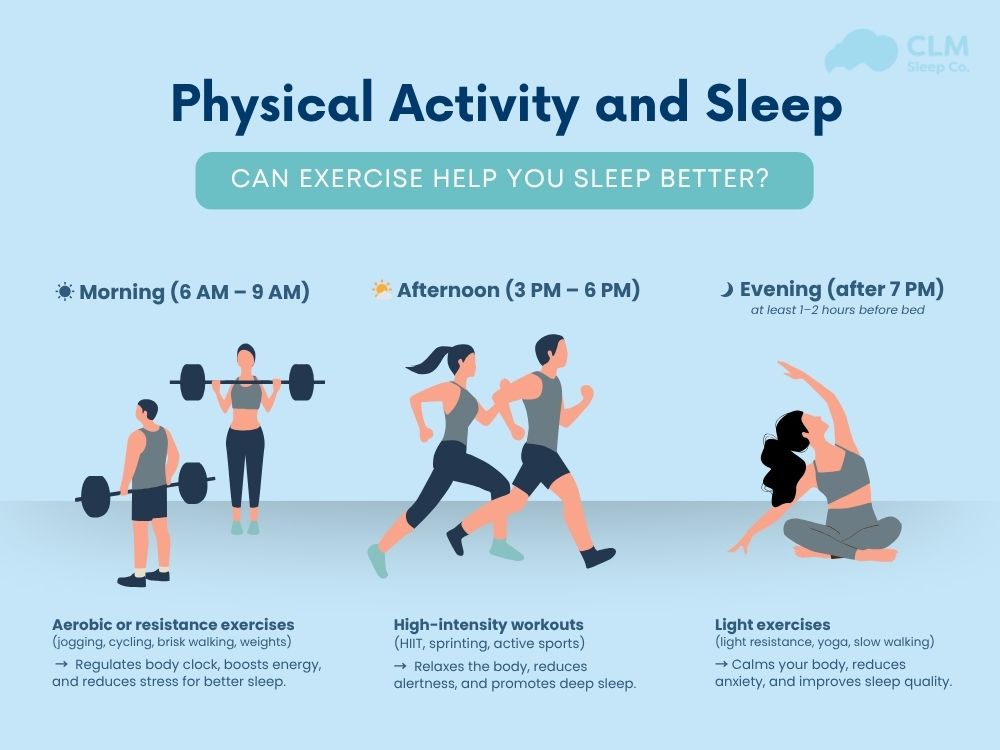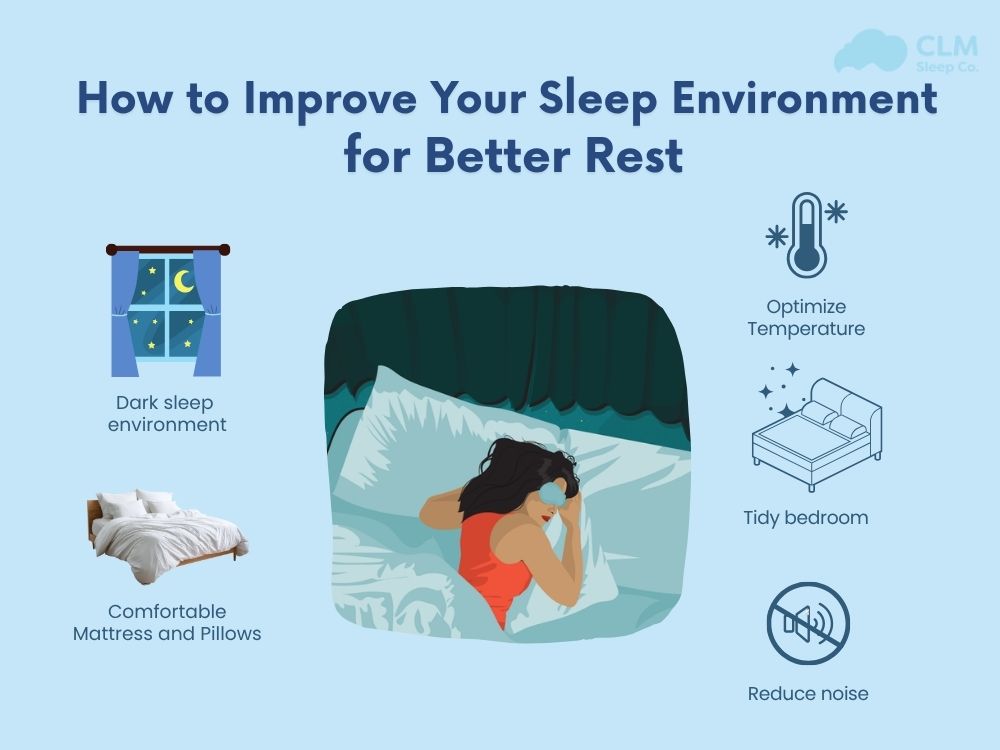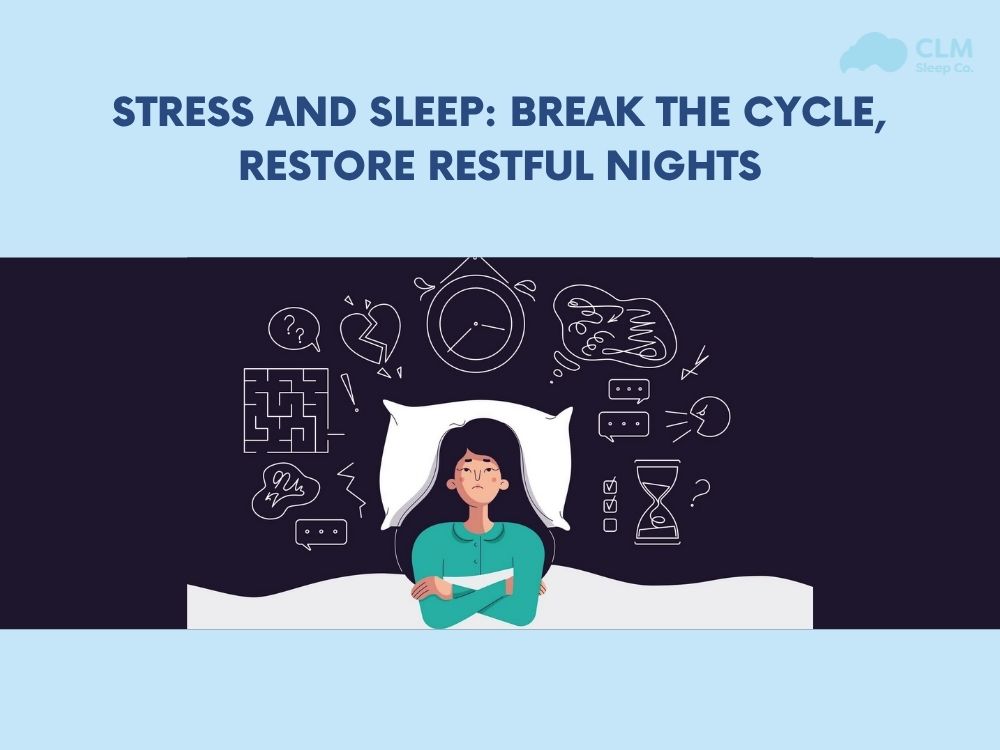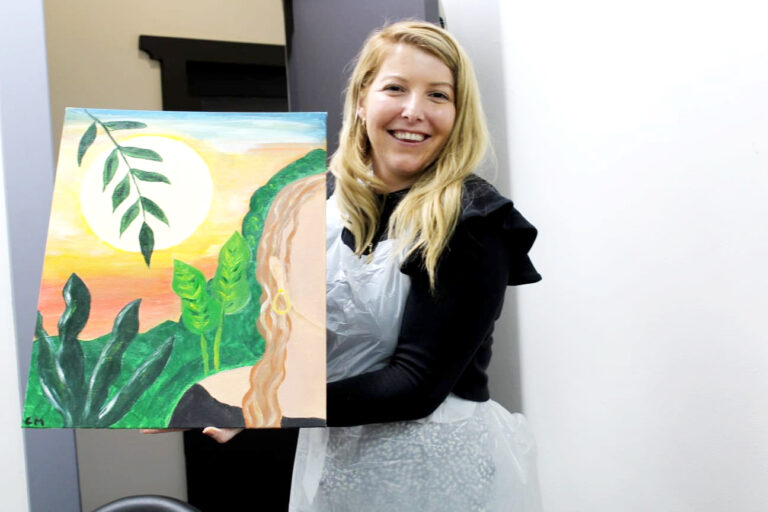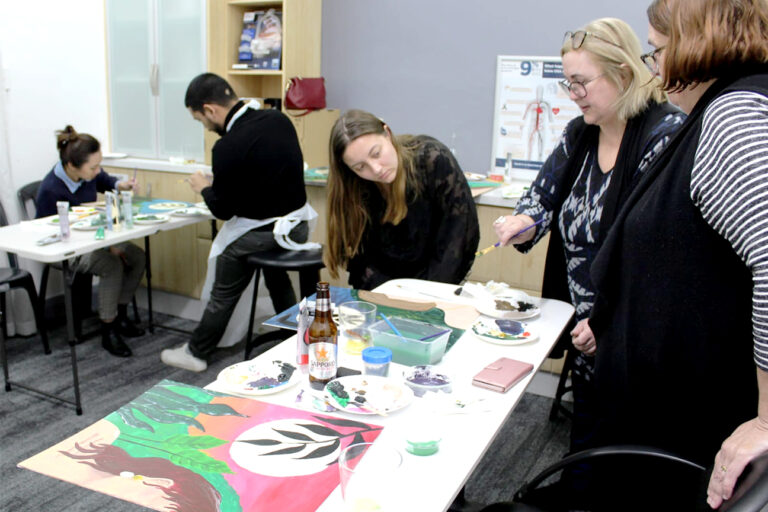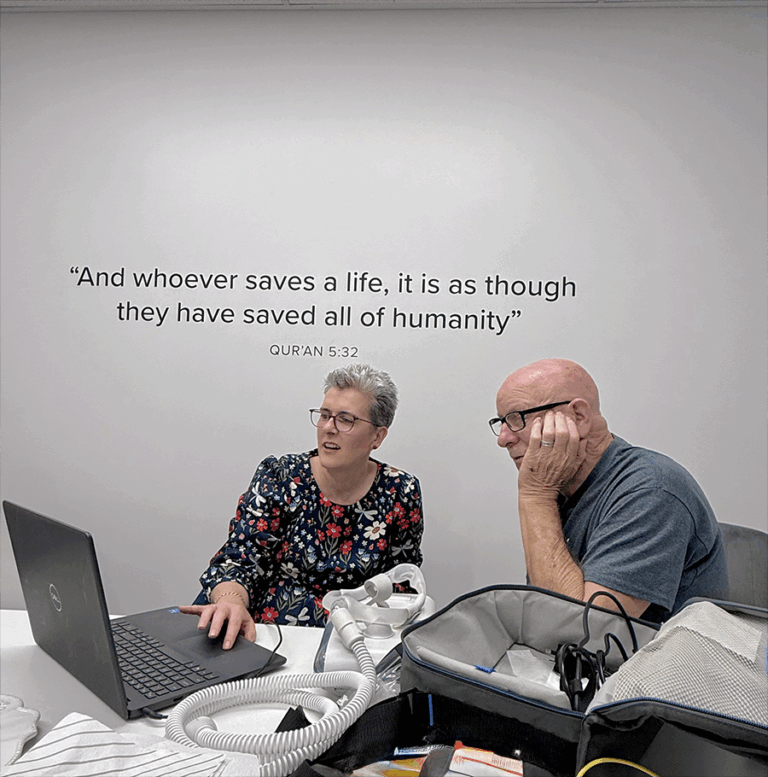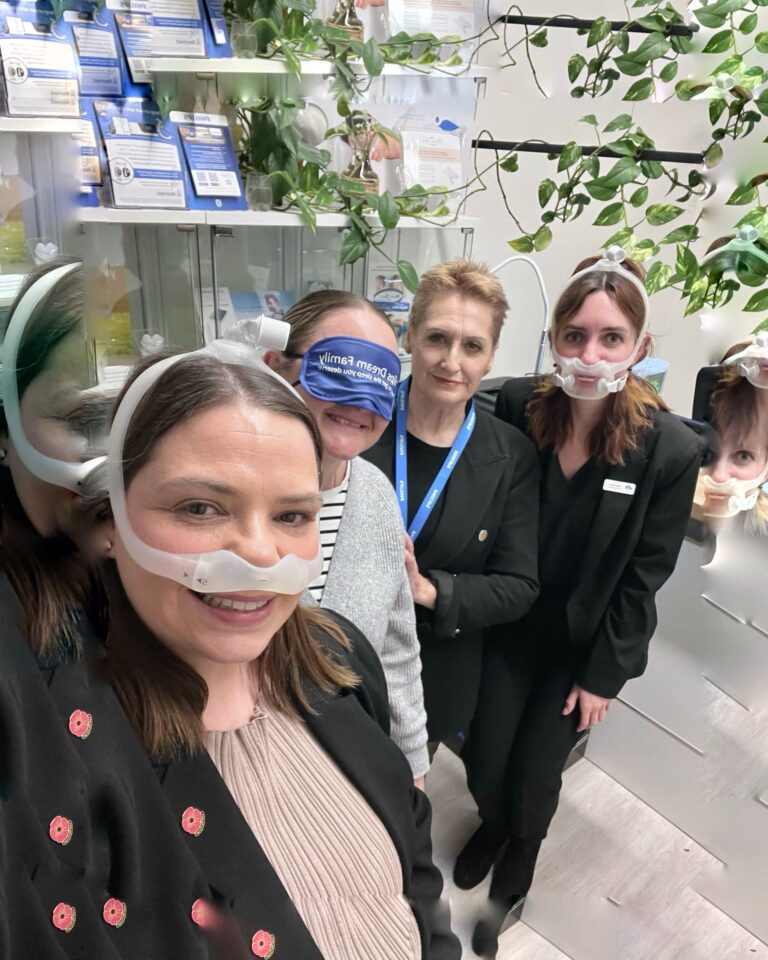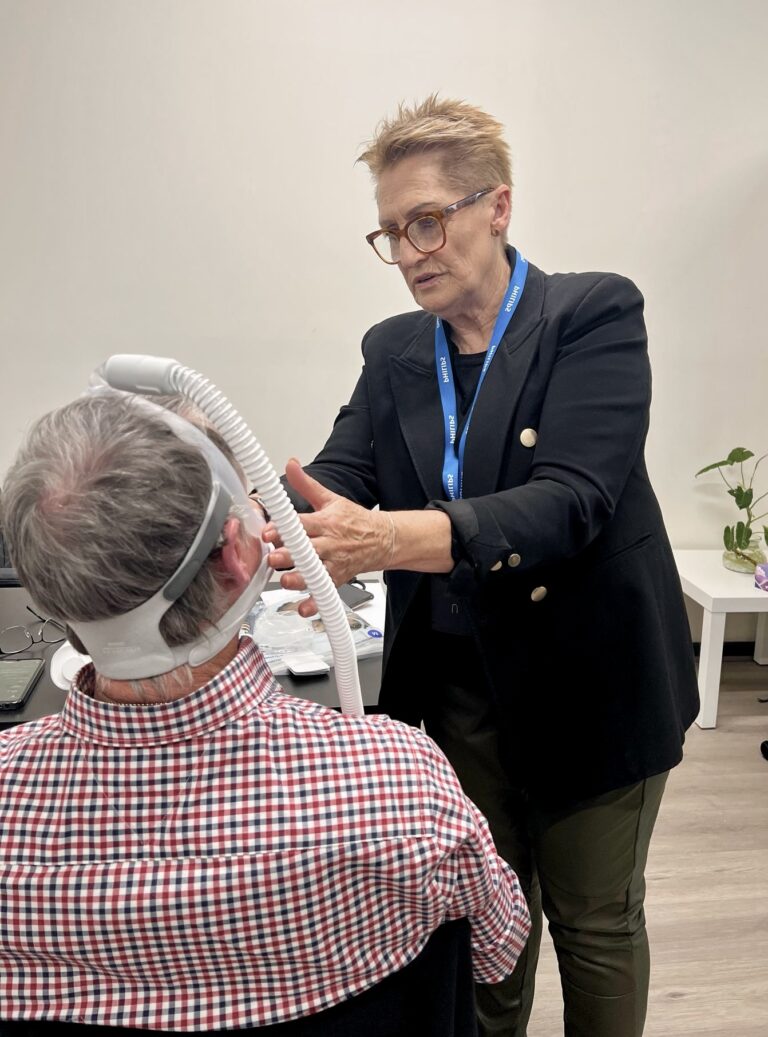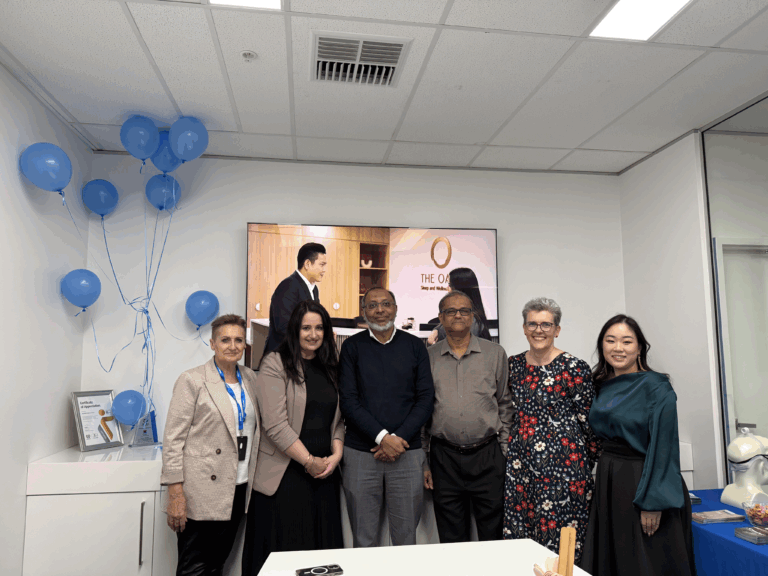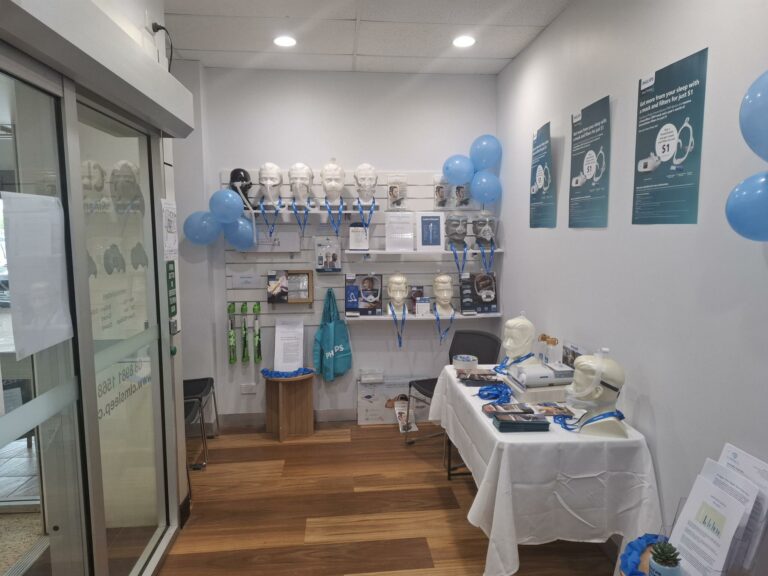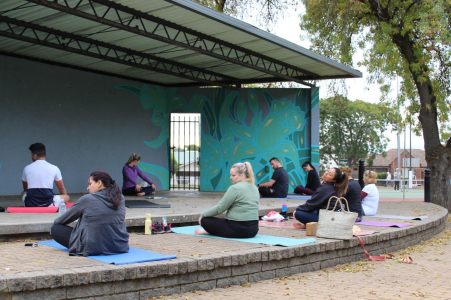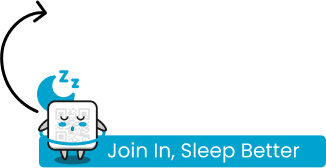If you are experiencing sleep issues such as loud snoring, restless sleep with frequent awakenings during the night, waking up with headaches, or feeling excessively sleepy and unable to concentrate during the day, It may be time to consider sleep studies to assess your current health. Currently, sleep studies in Australia are largely supported by health insurance and Medicare with many costs subsidised, and it may even be free to conduct a professional and accurate sleep study. So how can we optimize the cost of sleep studies? Let’s explore it together with CLM Sleep.
What is a Sleep Study?
An easy test that your body goes through while you sleep, for non-invasive observation of body functions and sleep, is a sleep study or polysomnography. Primarily, the purpose of this test is to determine the quality of sleep and analyze possible sleep disorders. For data collection, gentle attachment of sensors or leads is made to some selective regions of the body. It is a painless test, usually for one night.
Sleep studies help diagnose most sleep disorders, especially sleep apnea, a condition that many suffer from. If left untreated, it can lead to serious complications such as high blood pressure, cardiovascular disease, type 2 diabetes, or even stroke. In addition to diagnosis, sleep studies also assist sleep therapists in identifying the root causes of the problem, allowing them to develop a treatment plan that is both appropriate and effective.
Sleep Study Costs in Australia
In Australia, sleep studies are usually divided into two types: in-lab sleep studies (level 1) and home sleep studies (level 2 and 3) to diagnose sleep disorders.
- Level 1 sleep study (In-lab) typically costs between $500 and $2,000, depending on the clinic and level of monitoring required. It is the most accurate method but also the most expensive.
- Level 2 Sleep Study measures the same indicators as Level 1 sleep study but is conducted at home without technician supervision. Therefore, it is cheaper than Level 1, usually costing between $600 and $1,200.
- Level 3 Sleep Study is a type of home sleep study that measures fewer parameters and focuses on diagnosing sleep apnea through monitoring airflow, heart rate, oxygen saturation and respiratory effort. It typically costs between $300 and $700.
Note: The above prices do not include insurance coverage. If you want to use Medicare and private insurance, you need a referral from a GP. Medicare may reimburse part or all of the cost, and private insurance will reimburse according to their policy.
Out-of-Pocket Expenses
Even with Medicare or private insurance, some costs may not be fully covered. Out-of-pocket expenses can include:
- Consultation fees with a sleep specialist ($150 to $300 per visit)
- Equipment costs if CPAP therapy is recommended after the study ($1,000 to $2,500 for a CPAP machine)
- Additional sleep tests, such as a Multiple Sleep Latency Test (MSLT) for diagnosing narcolepsy, which can cost between $500 and $1,500
- Follow-up sleep studies if initial results are inconclusive or treatment adjustments are needed
Factors Affecting Sleep Study Cost
There are several key factors that contribute to differences in sleep study costs. These include the type of study, the facility where it’s conducted, health insurance coverage, the severity of the condition, and the qualifications of the consulting specialist. Understanding each of these factors will help you make informed decisions and optimise the cost of your sleep assessment.
Type of Sleep Study
The cost of each type of sleep study varies because differences in the testing environment and the number of physiological parameters monitored. In Australia, there are three main levels of sleep studies: Level 1, Level 2, and Level 3 Sleep Studies.
Level 1 Sleep Study (In-lab Polysomnography – PSG).
This is the most comprehensive type of sleep study, conducted overnight in a sleep laboratory under the supervision of trained sleep technicians. Using approximately 15–20 sensors, PSG can diagnose most sleep disorders, including complex cases such as movement disorders, REM sleep abnormalities, or sleep problems linked to heart or brain conditions. However, this method tends to be more expensive because it requires specialised equipment and professional supervision. PSG is typically recommended for patients with existing health conditions such as cardiovascular disease, hypertension, or type 2 diabetes.
Level 2 and Level 3 Sleep Studies (Home Sleep Test – HST)
These are conducted at home and are significantly more affordable than Level 1 studies.
- Level 2 sleep study uses about 10–15 sensors, capturing a broad range of physiological data such as EEG (electroencephalogram), heart rate, breathing patterns, and oxygen saturation. It is suitable for cases with suspected complex sleep disorders that do not require in-lab observation.
- Level 3 sleep study uses fewer sensors, typically 4–7, and mainly monitors breathing, heart rate, and oxygen levels. This method is commonly used to diagnose mild to moderate obstructive sleep apnea.
See more: AHI- Measures the severity of sleep apnea.
Public vs. Private Facilities
In Australia, whether you have your sleep study done at a public hospital or a private facility can significantly affect both the cost and waiting time. Sleep studies conducted at public hospitals are often low-cost or free, but waiting times can be quite long due to high patient demand. Private clinics offer faster service, allowing you to schedule appointments more flexibly, though costs can range from $500 to $2,000.
However, at CLM Sleep Clinic, these costs can be much lower or even free when using private health insurance and Medicare. Offering fast, attentive care at an affordable price, CLM Sleep Clinic is definitely a great choice for you. Just one call to CLM Sleep will get you a free consultation and guidance on how to use your insurance to get the best possible price.
Insurance
With Medicare and private health insurance plans, in addition to using services at public hospitals, you may also be eligible for reimbursement at certain private sleep clinics. However, it’s important to note that not all sleep studies are fully covered by insurance. The level of coverage depends on the type of study, your insurance policy, and the list of clinics accepted by your provider. To better manage your time and costs, You should contact the clinic directly to get detailed information about fees and how to use your insurance before booking an appointment.
Severity of Condition
The cost of a sleep study can vary depending on the severity of your condition. In cases of suspected severe sleep apnea or underlying health issues such as cardiovascular disease, diabetes, or neurological disorders, sleep therapists often order additional tests, including blood tests, brain CT scans, or MRI. They might also recommend a more comprehensive sleep study, such as an in-lab polysomnography, which tends to be more expensive than simpler or home-based tests. A thorough evaluation of your condition enables doctors to select the most appropriate and cost-effective diagnostic approach.
Types of Sleep Specialists
When facing sleep issues, you may be consulted and treated by various types of professionals, including General Practitioners (GPs), Sleep Specialists, Sleep Psychologists, or Accredited Sleep Coaches. However, the costs and the level of support from Medicare or private health insurance can vary significantly depending on the type of service.
General Practitioner (GP) is the first professional you should see to get an initial assessment and obtain a referral to see a sleep specialist and undergo sleep studies. The cost ranges from $0 to around $90 per visit. If the clinic offers bulk billing, you won’t have to pay because Medicare covers the full cost. If not bulk billed, you may need to pay a portion out-of-pocket.
Sleep Specialist diagnoses and treats complex sleep disorders such as sleep apnea, circadian rhythm disorders, or chronic insomnia. The cost per visit usually ranges from $200 to $400, but if you have a referral from a GP, Medicare can rebate about $100–$250.
Sleep Psychologist helps treat insomnia and anxiety related to sleep using non-medication therapies such as Cognitive Behavioral Therapy for Insomnia (CBT-I). Each consultation typically costs between $150 and $250. If you have a Mental Health Treatment Plan from your GP, Medicare may cover from $80 to over $120 per session, up to 10 sessions per year.
Accredited Sleep Coach is suitable for those looking to improve sleep habits, especially parents and young children. The service usually costs between $80 and $200 per session or is offered in packages. Medicare does not cover this service, but some private health insurance plans may provide partial support if the service is included in their approved list.
How to Reduce Sleep Study Costs?
The cost of a sleep study can be significant, but there are several ways to minimize expenses. Patients can explore bulk-billing options, Medicare coverage, accredited sleep clinics, and price comparisons to ensure they receive quality care at an affordable price.
Bulk-Billing Options
Some sleep clinics and healthcare providers offer bulk-billed sleep studies, which means Medicare covers the entire cost, and the patient does not have to pay out-of-pocket. However, bulk-billing is usually available only for home sleep studies and for patients who meet certain criteria, such as having a referral from a general practitioner (GP) and exhibiting symptoms of sleep apnea. Patients should inquire about bulk-billing availability when booking their sleep study.
Checking Medicare Eligibility
Medicare may cover part or all of the cost of a sleep study if it is deemed medically necessary. To qualify, patients typically need a referral from a GP or a sleep specialist and must meet specific criteria, such as suspected obstructive sleep apnea (OSA). While home sleep studies are more commonly covered under Medicare, in-lab sleep studies may only be partially reimbursed. Patients should confirm their eligibility with Medicare or their healthcare provider before scheduling a sleep study.
Choosing an Accredited Sleep Clinic
Selecting an accredited sleep clinic ensures that patients receive high-quality diagnostic services and may also help in reducing costs. Accredited clinics are often partnered with public healthcare programs or private insurers, making it easier for patients to access rebates, discounts, or bulk-billing options. Patients can check with the Australasian Sleep Association (ASA) or Sleep Health Foundation to find reputable clinics in their area.
Comparing Prices Between Clinics
The cost of a sleep study varies significantly between different clinics and healthcare providers. Private sleep clinic fees typically charge more for expedited services, but some may offer discounted rates for self-funded patients. To find the best price, patients should:
- Request quotes from multiple clinics
- Ask about payment plans or financing options
- Check if the clinic partners with Medicare or private health insurers
- Look for promotional offers or discounts on initial consultations
Where to Get a Sleep Study in Australia?
In Australia, sleep studies are available at public hospitals, private sleep clinics, and specialized respiratory and sleep centers. Choosing the right provider depends on factors such as cost, waiting time, and the type of sleep study needed.
Public Hospitals and Medicare-Covered Clinics
Public healthcare facilities often provide Medicare-covered sleep studies, especially for patients with a GP or specialist referral. However, the downside is longer waiting times due to high demand. Patients eligible for bulk-billed home sleep studies may access these services at little to no cost.
Private Sleep Clinics
Private sleep clinics, such as CLM Sleep, offer comprehensive and expedited sleep study services. While private clinics charge higher fees, they provide faster scheduling, advanced diagnostic options, and personalized care. Many private providers also work with private health insurers, allowing eligible patients to receive rebates on their sleep studies.
CLM Sleep – A Trusted Provider in Sleep Diagnostics
CLM Sleep is a leading provider of high-quality sleep studies in Australia, offering both home-based and in-lab diagnostic services. With state-of-the-art technology and experienced sleep specialists, CLM Sleep ensures accurate assessments and tailored treatment recommendations. Patients can check with CLM Sleep about:
- Medicare bulk-billing eligibility
- Private health insurance rebates
- Flexible payment options
- Fast-tracked appointments
For those seeking reliable and professional sleep study services, CLM Sleep provides expert care and support throughout the diagnostic process.
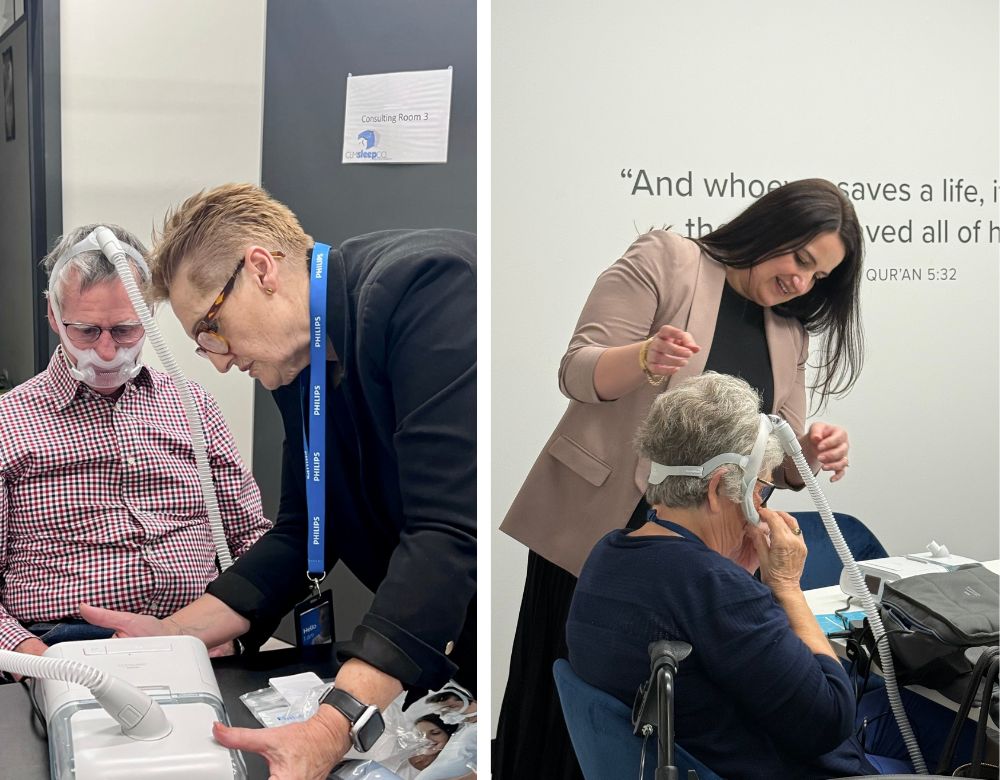
Conclusion
A sleep study is key to diagnosing and managing sleep disorders that impact your health and well-being. While sleep study cost may vary, options like Medicare rebates and bulk-billing can help reduce expenses. CLM Sleep provides reliable diagnostic services, expert care, and flexible payment plans – making it easier to take control of your sleep and overall health.
